Posts categorized Open Data
Page 3
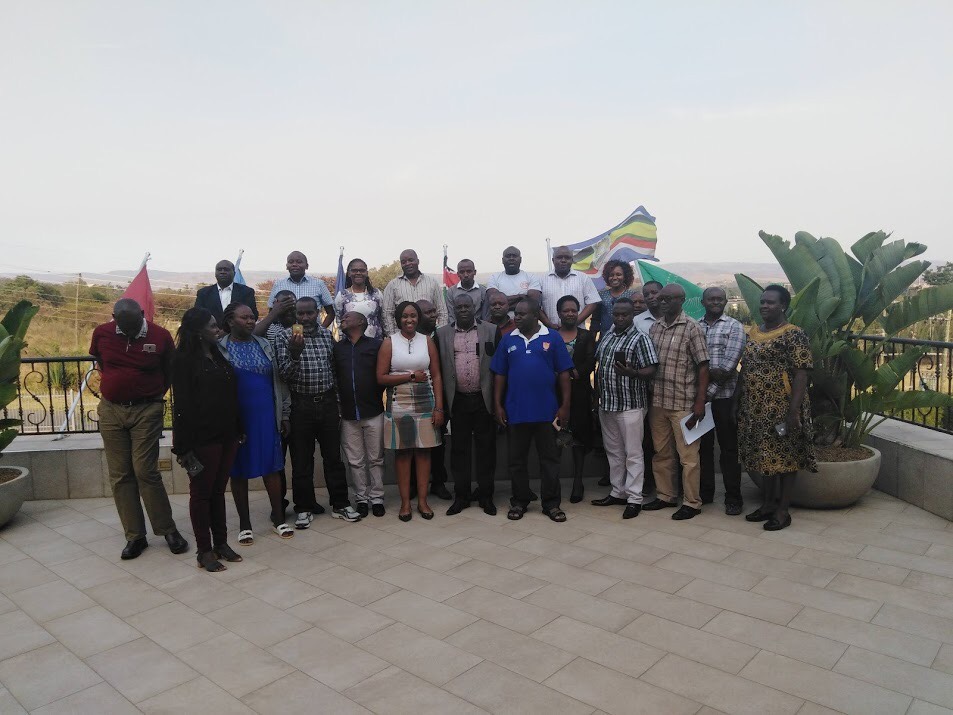
OCDS for Accountability in Makueni County
With partners Hivos East Africa and the Government of Makueni County (GMC), Development Gateway (DG) is pleased to be driving towards developing an approach to sustainable procurement processes in Makeuni, using the Open Contracting Data Standard (OCDS). Over the past months, we have provided support to the GMC in recording and publishing its procurement data.
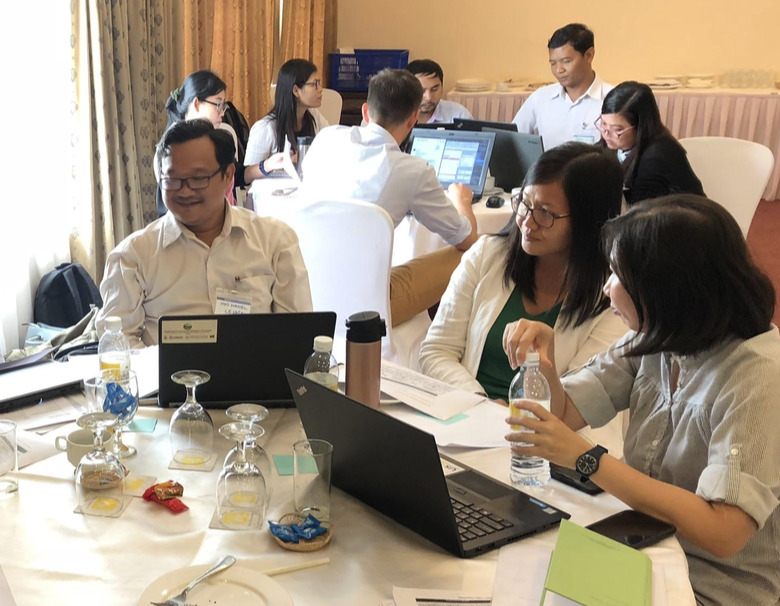
Can a Centralized Digital Repository Support Country-level Data Use and Sharing?
In late September, in preparation for the release of USAID’s new Development Data Library (DDL), Development Gateway (DG) and the USAID Data Services Team visited USAID staff and implementing partners in Nepal and Cambodia. During their visit, the Data Services Team and DG hosted a workshop to introduce partners to the new DDL platform through
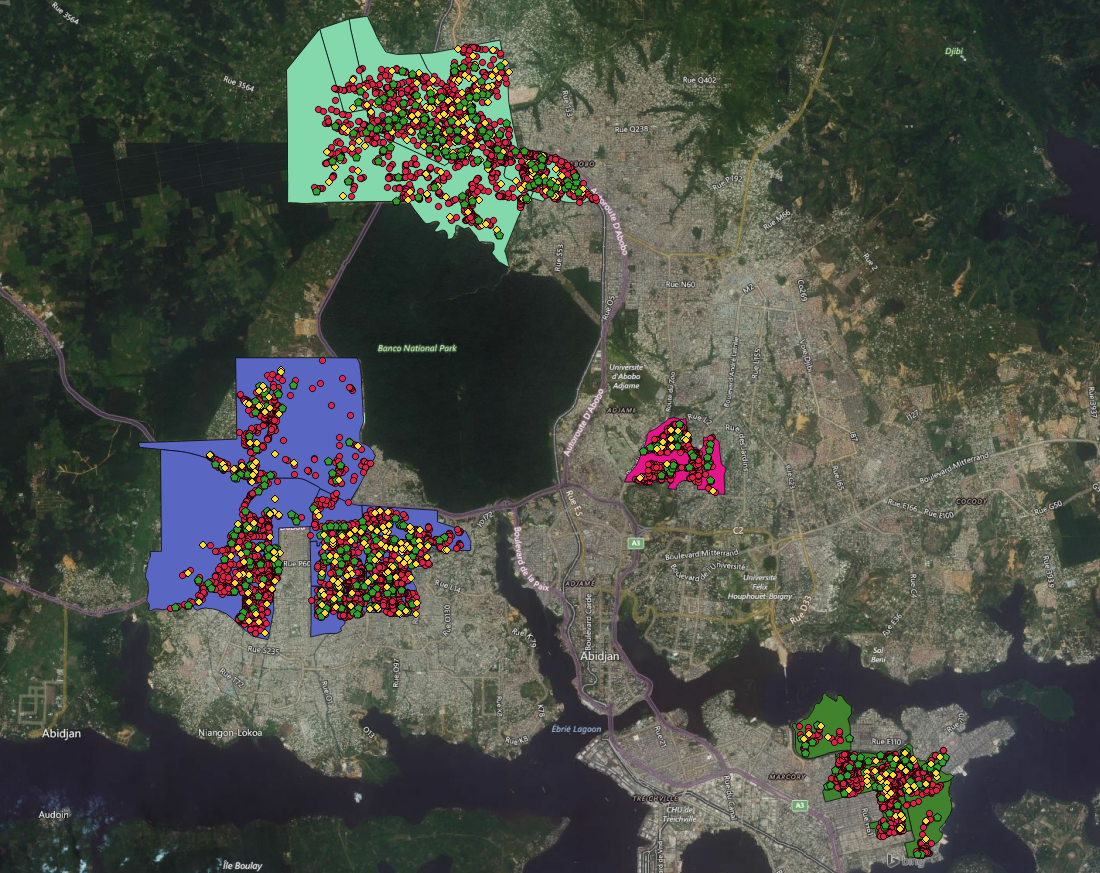
Sharing the OpenDCH StoryMap: Exploring the Mapping Process in Côte d’Ivoire
The Open Geospatial Data Center for Health (OpenDCH) program aims to address gaps in both data supply and demand in Côte d'Ivoire, focusing on stakeholder engagement, alignment of data sources, and forging of data literacy. OpenDCH is a partnership between AidData, Development Gateway, the Ministry of Health’s Direction de l'Informatique et de l'Information Sanitaire (DIIS), and USAID/Côte d’Ivoire.
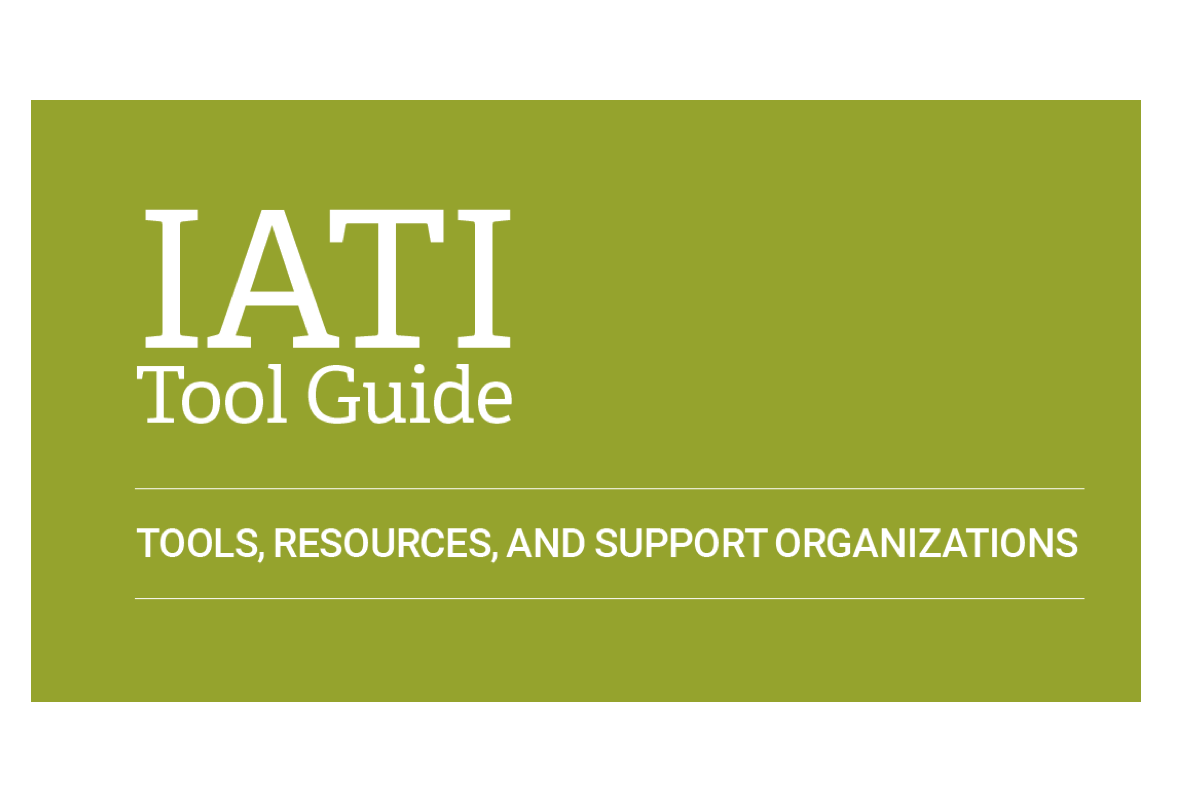
Cracking Open the IATI Tool Guide
As the number of tools and resources for using and publishing data to the International Aid Transparency Initiative (IATI) continues to increase, it gets harder to keep track of what is available, and how maximize each tool’s benefits. To address this, we at Development Gateway put together the IATI Tool Guide, a one-stop guide to IATI tools and resources.
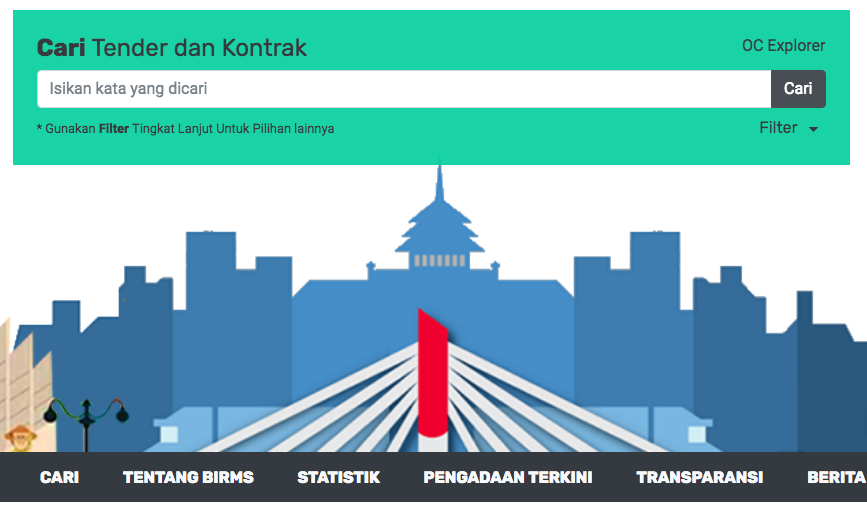
Developer-to-Developer Mentorship in Bandung, Indonesia: A Blueprint for Open Contracting Success
Since April of this year, DG has been collaborating with the World Bank and a developer consultant from the Bandung City Government to publish the Government’s procurement data in Open Contracting Data Standard (OCDS) format. This partnership has led to the launch of an exciting new procurement data portal for Bandung, with a functioning OCDS API.
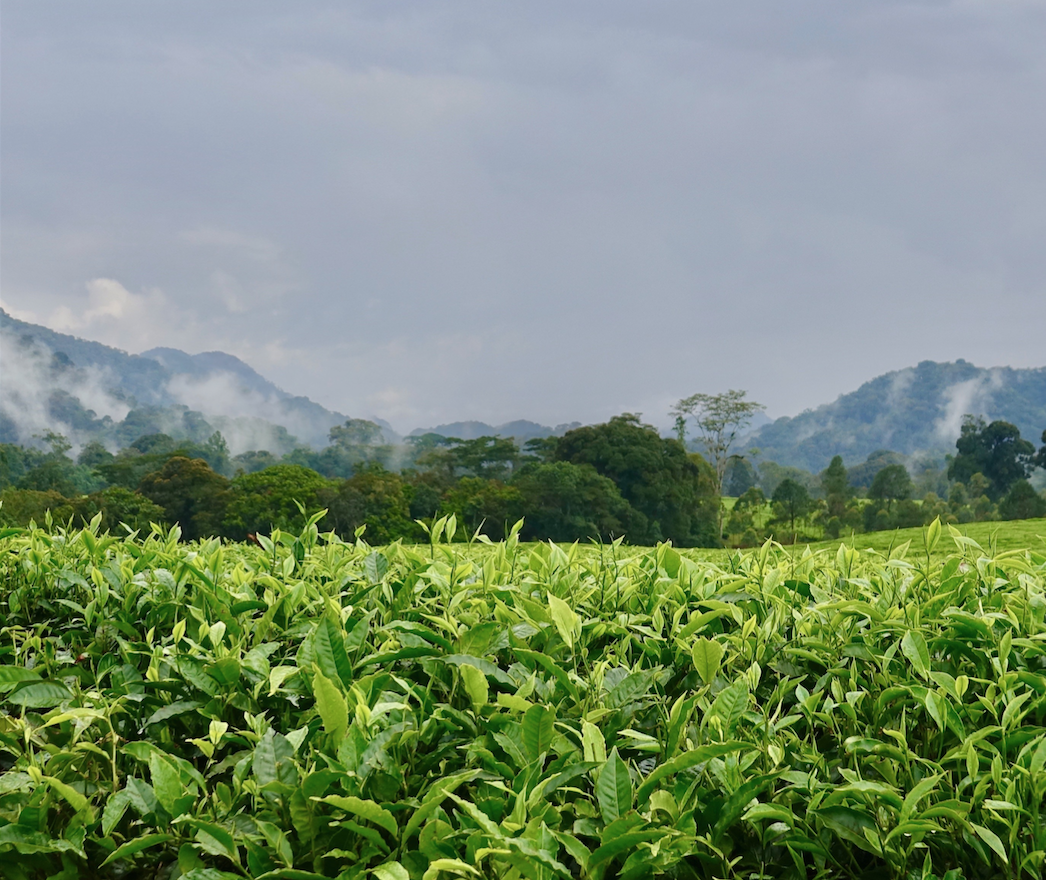
Mapping the Path Toward Collaborative Research
Development actors, ourselves included, talk a lot about the importance of opening up datasets and building interoperability in order to leverage the power of collective data – but often without clarity on what meaningful collaboration and sharing actually requires in practice. For example, what can a livestock project in Nepal and a rice project in Cambodia learn from each

Extractives Data in West Africa: What’s the Road to Transparency?
Today, Development Gateway (DG) is pleased to announce that we have kicked off work with the Open Society Foundation in West Africa (OSIWA) to support the Extractive Industries Transparency Initiative (EITI). This work will focus on mapping data needs, availability, and use in the extractives sector in West Africa.
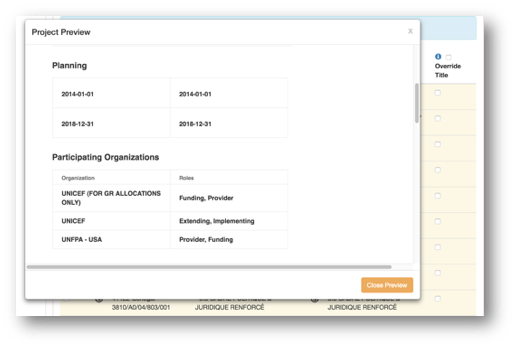
Streamlining the IATI-AIMS Import Process
At Development Gateway (DG), we continually emphasize learning and improving on established tools, seeking out new ways of designing to optimize impact. In recent months, as part of the International Aid Transparency Initiative (IATI) Data Use Fund, we’ve made several key improvements to our existing IATI-AIMS Import Tool that have made it more user-friendly and
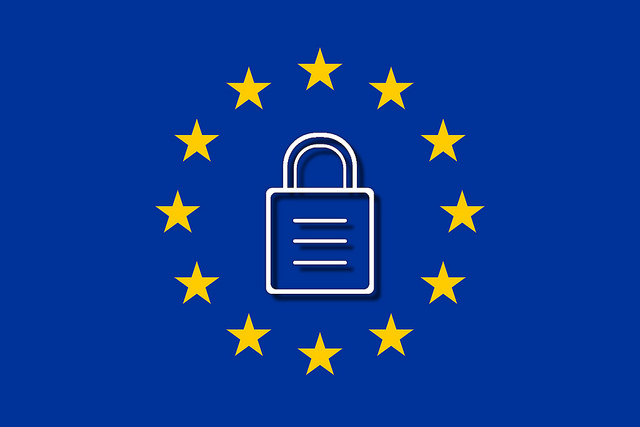
GDPR and its Connection to the Open Data Movement
Since this past May, you’ve probably received a flood of company emails updating terms of service and consent requests to give permission to collect your data. You also probably know that this flood is all thanks to the EU’s recent General Data Protection Regulation (GDPR), which has set us abuzz in its heightened protection of
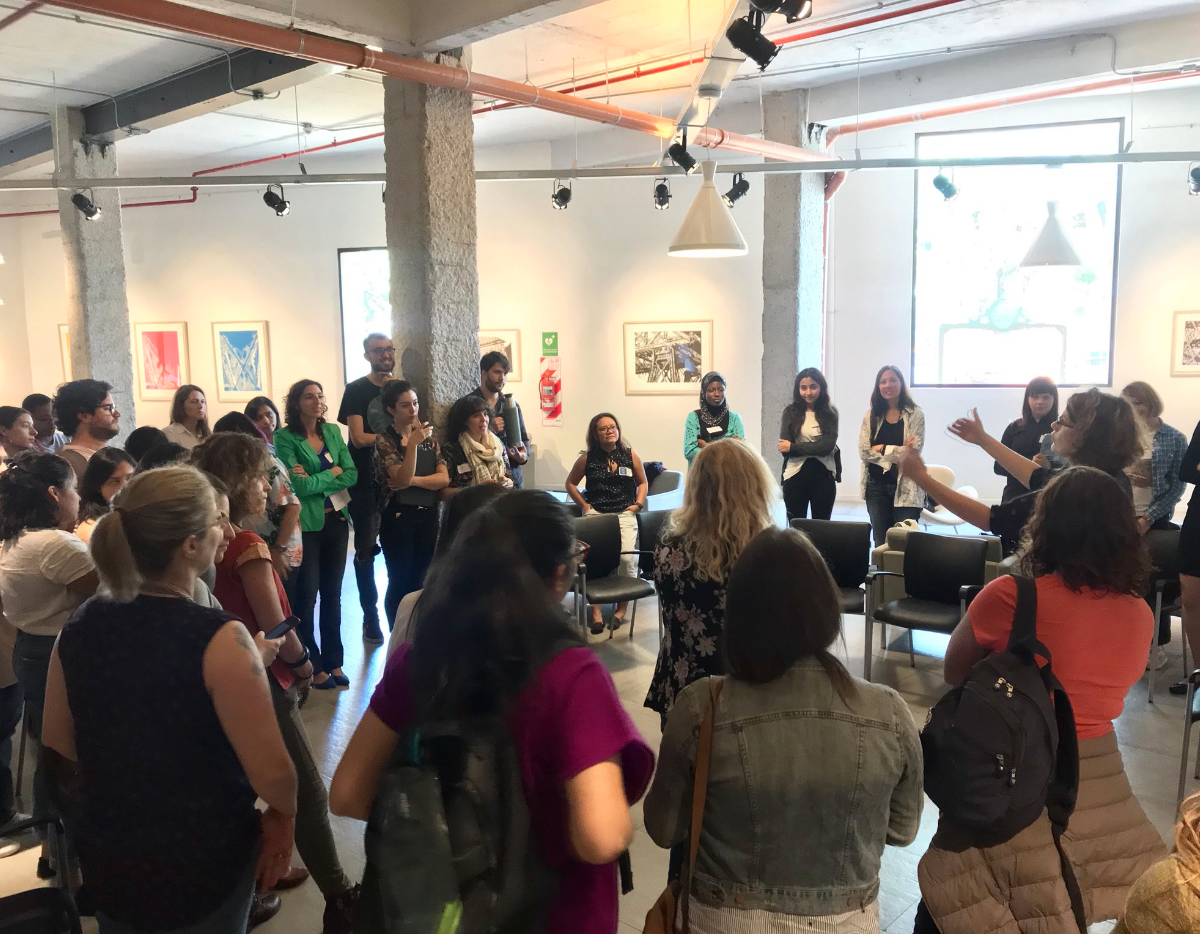
IODC 2018: Where You’ll Find Us
This week, DG will be participating in the International Open Data Conference (IODC). While we will be attending an extensive mix of events – and focusing on gender issues in open data – we hope to see you at the following sessions in particular.